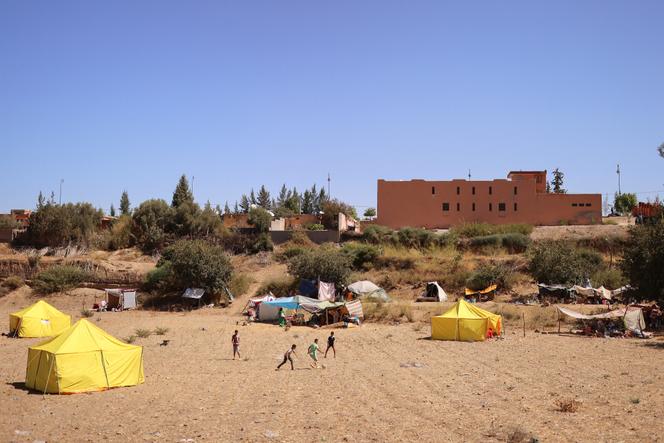

LETTER FROM CASABLANCA

Arrested at the end of January in Fez, Morocco, doctors, nurses, administrative staff and security guards were suspected of selling newborn babies to families wishing to adopt them. The defendants faced several charges, including human trafficking and corruption. An initial hearing before judges on March 19 gave a glimpse of the scale of the trafficking, with some 34 people in the dock, some of them having worked in three of the city's public hospitals.
Although described as "extraordinary" in terms of the network's size, its existence comes as no surprise to those involved in the care of abandoned children. A previous case in Casablanca made headlines in 2010. A retired midwife was at work and claiming an average of €3,000 per newborn. Thanks to the complicity of public officials, the babies were even registered in the civil registry.
As in Casablanca, unmarried mothers may have been complicit in the trafficking uncovered in Fez, shedding light on the "two faces of the same problem," argued socio-anthropologist Chakib Guessous. On the one hand, pregnant teenage mothers face the reproach of their families, while sexual relations outside marriage are punishable by prison and abortion is forbidden. And there are the babies who are abandoned because they are unwanted, or whose care is complicated by the absence of a father who is unknown or refuses to acknowledge his child.
It is difficult, however, to quantify the exact number of abandoned children. While the president of the public prosecutor's office put the number of legally abandoned children at 1,649 in 2018, UNICEF estimated that the figure was four times higher in 2008. In 2011, shockwaves were caused by the publication of a study by the Institut National de Solidarité avec les Femmes en Détresse (INSAF, National Institute of Solidarity with Women in Distress). It counted more than 210,000 single mothers between 2003 and 2009.
In Casablanca, the "wild abandonment" of newborn babies occurs in the street or outside a mosque. According to INSAF, an average of over 300 newborn babies are found dead or alive in the city every year. "But we know nothing about those who are taken by strangers and not reported to the law," said its president, Meriem Othmani, who denounced the risks of exploitation hanging over these children. The others start their lives in a center run by an association or in a state-run social welfare institution (EPS).
Created in 2006, the EPS replaced orphanages, which were poorly supervised and did not comply with standards. In 2021, nearly 4,000 abandoned children were housed in these structures, according to a survey by the Ministry for the Family and UNICEF. But not without its problems: The report highlighted the erratic way in which minors were cared for, being shifted from one center to another, without their age being taken into account. In the EPS surveyed, three quarters of abandoned children under 6 years of age lived alongside beneficiaries over 18, themselves victims of "chaotic" schooling. As the authors of the study pointed out, this means they are "neither able to enter the world of work, nor to pursue higher education," and "the risk of returning to the streets or falling into delinquency is greater."
You have 36.51% of this article left to read. The rest is for subscribers only.
